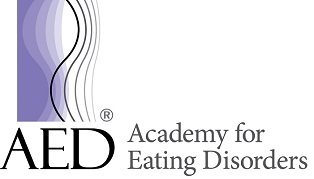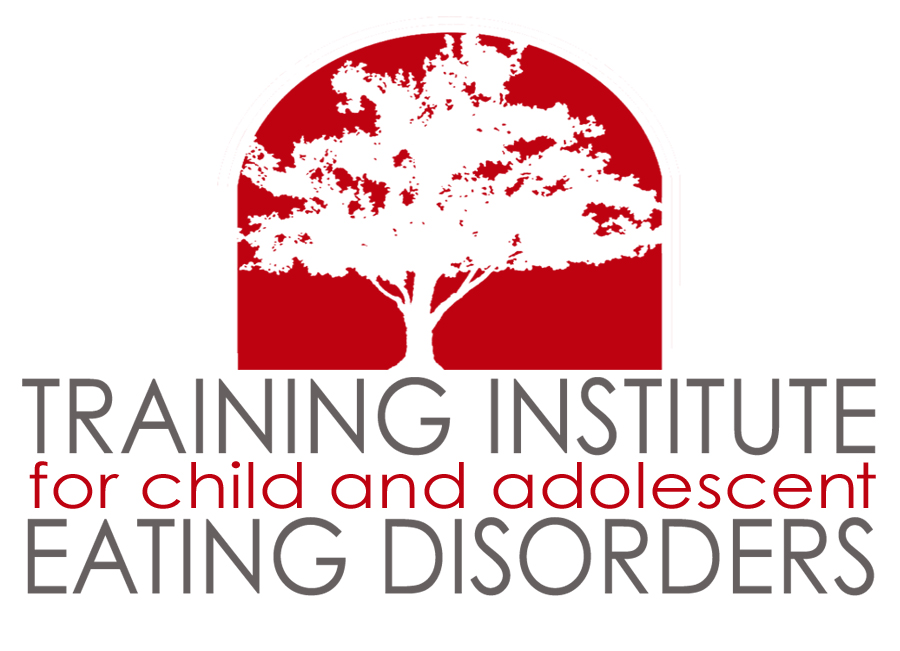What is Emotional Eating?
Emotional eating can occur when someone is experiencing a challenging emotion such as anxiety and stress. Eating can often be used as an attempt to feel as though you have control over the emotions you are experiencing. Emotional eating can also serve as a coping skill attempting to help you with the negative emotions that someone may be experiencing, or any conflicting emotions someone may be struggling with (Konttinen, 2020).
Emotional eating can lead to overeating behaviors or restricting food intake. Both of these behaviors are concerning. When someone is emotionally eating, they typically involve foods that lack nutritional value.
What Causes Emotional Eating?

Emotional eating is triggered by various factors:
- Stress: Increases cortisol levels, leading to cravings for comforting high-fat or sugary foods.
- Unresolved emotions: Negative emotions like sadness, anger, or loneliness can drive people to seek solace in food.
- Habitual response: Emotional eating may become an ingrained habit for coping with certain emotions.
- Lack of effective coping strategies: Individuals may turn to food for self-soothing or distraction.
- Low self-esteem: Food can be used to temporarily escape self-critical thoughts.
- Social influences: Cultural or familial patterns, such as using food to celebrate or show love.
- Emotional associations with food: Positive childhood memories or associations can evoke comfort and emotional security.
Addressing these underlying causes helps develop healthier coping strategies and fosters emotional resilience.
How We Treat
f you or someone you love is struggling with emotional eating, you may find yourself overwhelmed at what treatment can look like. There are a variety of options including inpatient and outpatient treatment options. Determining which level of care you need can be difficult, which is why it is advised that you consult with a mental health professional.
Resilience DBT & Eating Recovery are a team of Outpatient Eating Disorder Therapists in New Jersey, Florida, Maryland. Our therapists are ready and equipped with clinical services to provide healing.
Emotional eating counseling is the typical recommendation for individuals for those who find themselves struggling to control their engagement in emotional eating. This can include specialized treatment groups, individual sessions, educational sessions, and group sessions.
At Resilience DBT & Eating, you will meet with one of our staff members who will take the time needed to understand your concerns and challenges. From here, we will work with you to develop the appropriate treatment plan.
Our treatment center provides Dialectical Behavioral Therapy for children, pre-teens, adolescents, young adults, and adults who struggle with a variety of mental health concerns. This includes depression, eating disorders, trauma, anxiety, self-harm, and inhibited grief. To learn more about how our emotional eating counseling can help you, we invite you to contact us.
Health Risks Associated With
Emotional Eating
At Resilience DBT & Eating Recovery, we provide Bulimia Nervosa treatment for children, pre-teens, adolescents, young adults, and adults.
Health risks associated with emotional eating include:
- Weight gain and obesity: Excessive calorie consumption can lead to weight gain and increased obesity risk.
- Nutrient deficiencies: Unhealthy food choices may result in inadequate intake of essential nutrients.
- Increased risk of chronic diseases: Poor diet and weight gain can contribute to conditions like type 2 diabetes, cardiovascular disease, and certain cancers.
- Disrupted hunger and satiety signals: Emotional eating can impair recognition of genuine hunger and fullness cues.
- Gastrointestinal issues: Overeating or consuming unhealthy foods can cause indigestion, bloating, and constipation.
- Mental health concerns: Emotional eating can exacerbate feelings of guilt, shame, or low self-esteem and may contribute to anxiety, depression, or other mental health issues.
Developing healthier coping strategies can help mitigate these risks and establish a balanced relationship with food.
Our Treatment Methods
effective recovery is one step away
The Resilience DBT & Eating Recovery Program offers expert assessment and evidenced-based treatment for the full range of eating disorders and body image problems. We are experienced and certified to treat pediatric, adolescent, and adult eating disorders with boys and girls, and with men and women. We are trained to recognize the biological and brain-based underpinnings of eating disorders and utilize the Evidenced-Based treatments – Family-Based Therapy (FBT) or Maudsley Approach, CBT-E, and DBT for Eating Disorders. Parents are always included as an essential and an integral part of a child or teen’s recovery from an eating disorder.
FAMILY BASED TREATMENT (FBT)
Family-Based Treatment (FBT) stands as the gold standard for addressing eating disorders in children and adolescents, particularly for early-onset cases of anorexia, bulimia, and ARFID (Avoidant Restrictive Food Intake Disorder). FBT is now recognized as the first line of treatment.
This approach places parents at the forefront of their child’s re-nourishment and weight restoration process, guided by a certified FBT practitioner and in collaboration with an outpatient pediatrician or adolescent medicine specialist. The child or adolescent, alongside their parents, undergo a thorough screening to ensure their suitability for this protocol, which is conducted in the least restrictive environment – the comfort of your home!


Cognitive Behavioral Therapy (CBT-E)
At Resilience Therapy, we specialize in Cognitive Behavioral Therapy Enhanced (CBT-E) to support children, teens, and adolescents struggling with eating disorders. Our compassionate and highly skilled therapists are dedicated to helping your loved ones develop resilience and overcome challenges associated with various eating disorders, such as anorexia nervosa, bulimia nervosa, binge-eating disorder, and other specified feeding or eating disorders (OSFED).
We understand that each individual’s experience is unique, and that’s why our approach to CBT-E is tailored to meet the specific needs of our clients across all age groups. Our therapy sessions are time-limited, structured, and goal-oriented, typically involving individual sessions with a therapist.
Dialectical Behavior Therapy for Eating Disorders (DBT-ED)
Dialectical Behavior Therapy for Eating Disorders is an eating disorder treatment we use for adults who struggle with co-occuring mental health issues and an eating disorder.
DBT-ED is the treatment of choice for individuals that struggle with co-occurring mental health issues in addition to the eating disorder; such as depression, anxiety, suicidal ideation or PTSD. This comprehensive treatment method addresses the complexity of these mental health issues, in concert, prioritizing the most dangerous symptoms first. DBT Skills Training is excellent method for follow-up Aftercare and Relapse Prevention after a residential or intensive Eating Disorder treatment program.


Expressive Arts Therapies
Expressive Arts therapies are powerful and effective modalities in the treatment of eating disorders. Unexpressed emotions and thoughts out of awareness, interfere with true recovery. Art Therapy, Dance/Movement Therapy, music, and psychodramatic role-play make emotions, bodily-felt sensations, and cognition more accessible. Once emotions and thoughts are accessible, one can better utilize the problem solving methods in CBT and DBT.
How We Treat
Explore the benefits of an evidence-based approach to therapy
Family Based Treatment (FBT)
FBT, or the Maudsley approach, is a Gold Standard treatment. FBT is a culturally-sensitive method that keeps a child in their family environment.
Cognitive Behavioral Therapy (CBT-E)
We specialize in Cognitive Behavioral Therapy Enhanced (CBT-E) to support children, teens, and adolescents struggling with eating disorders
Comprehensive Dialectical Behavior Therapy (DBT)
Our compassionate and highly skilled therapists are dedicated to helping your loved ones develop emotional resilience, improve their self-esteem, and overcome challenges associated with various eating disorders.
How do I begin?
Our team is dually and expertly trained in the Treatment of Eating Disorders and DBT for Mental Health. Our Evidenced-Based approaches include FBT, CBT-E, DBT-ED, and Comprehensive DBT for co-occurring mental health conditions. Our outpatient practice has helped Children, Teens and Adults achieve full Eating Disorder Recovery and Mental Health Stability for over 25 years.
1
Schedule your 15 minute free phone consultation
This phone screening is highly confidential to help determine if coming to the Resilience practice is the best course for you or your loved one.
2
Complete an Expert and Comprehensive Intake
During your intake appointment we will gather more information to identify your stressors and needs. And work with you to develop your resilience treatment plan.
3
Get connected with Your Personalized Care Team
Meet with a practitioner to get started on your journey of healing and wellness you know you deserve.









